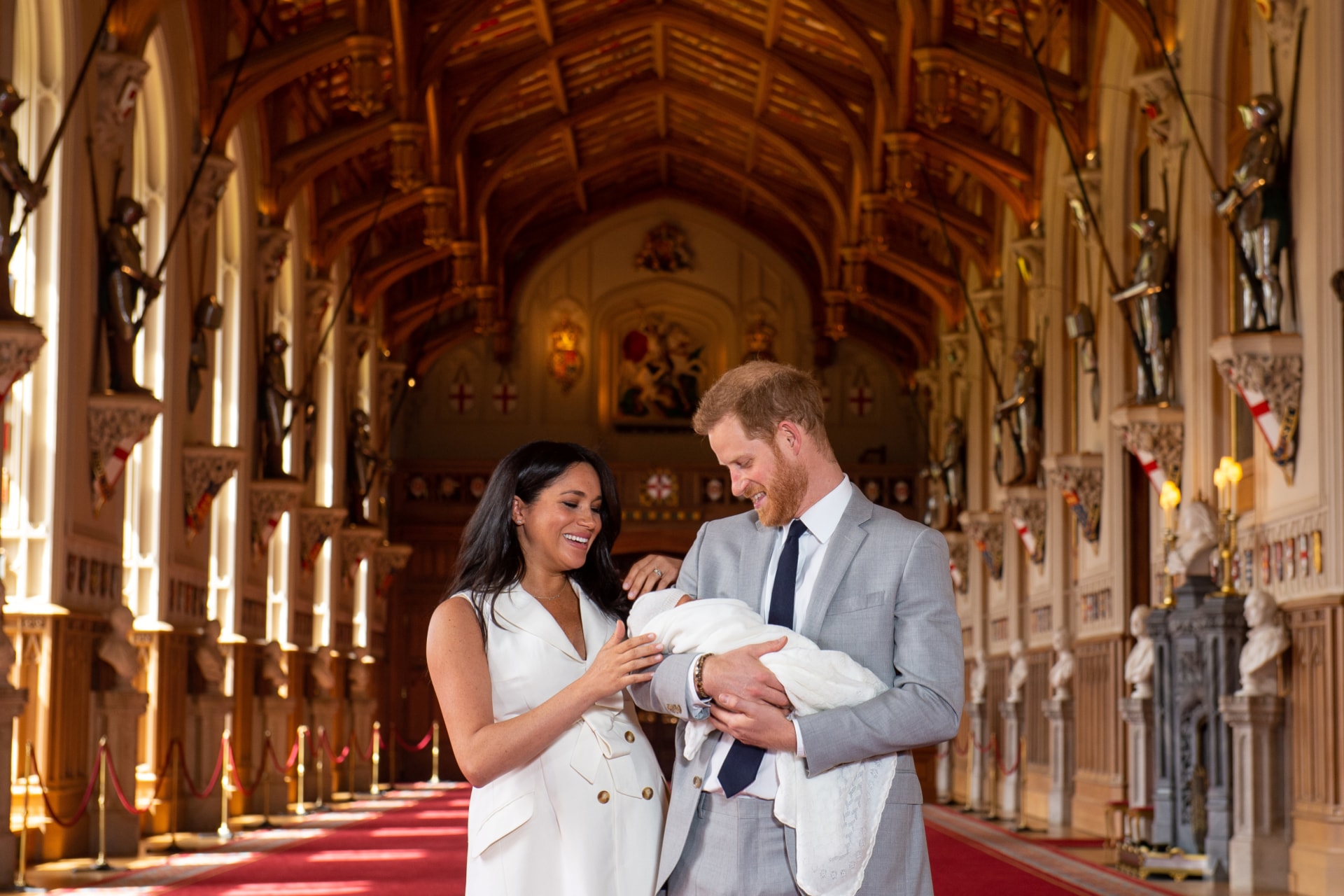Archie, Africa, and the Commonwealth

By experts and staff
- Published
By
- John CampbellRalph Bunche Senior Fellow for Africa Policy Studies
The birth of Archie, the first son of the Duke and Duchess of Sussex, has led to British media speculation, picked up by the New York Times, that the Queen (actually, in conjunction with the Theresa May government) may dispatch them to Africa for a undetermined period. Their role, beyond lubricating the UK’s ties with its former African colonies, would be to build support for the Commonwealth of Nations. It would also get the Royal couple out of the media circus surrounding Archie’s birth. There is further speculation that Archie’s mixed race would make the family particularly attractive to Africans.
Perhaps. The Times quotes Trevor Phillips, a historian of Caribbean migration to the UK and himself from British Guinea, as saying that the idea is an “open-and-shut brilliant notion.” For Phillips, the family “symbolizes leaving behind the colonial inheritance” and that they “will create a narrative that is about modernity and glamour and diversity.” On the other hand, Kehinde Andrews, professor of black studies at the University of Birmingham, said that “they send her (Meghan) out to the dark parts of the world to shore up the Commonwealth….Using Meghan Markle as part of a P.R. campaign to maintain those links is the worst possible outcome.”
What about the Africans? Of the Commonwealth’s fifty-three members, nineteen are in sub-Saharan Africa. By and large, Commonwealth membership is not a political issue. It is largely irrelevant to African political concerns. However, African elites like the stage that the Commonwealth conferences, games, and other activities provide them. A Nigerian, Emeka Anyaoku, was the Secretary General of the Commonwealth, resident in London, from 1990 to 2000. South Africa almost immediately rejoined the Commonwealth, from which it had withdrawn during apartheid days, after its transition to “non-racial” democracy in 1994, in a glittering ceremony at Westminster Abbey attended by the Queen.
Many Africans appear to be as fascinated by Harry, Meghan, and Archie, as everybody else world-wide. But the royals’ handlers will need to take care that the family’s mixed race is not presented in a patronizing way. Further, Africans will pick upon British racism that has surfaced with respect to the family, such as radio host with the BBC tweeting an image of a couple holding hands with a chimpanzee captioned “Royal baby leaves hospital.” The BBC immediately fired the host, but the image was already viral on social media. Doubtlessly it circulates in Africa.
It is well known that Queen Elizabeth, the head of the Commonwealth, is concerned that it survives. Supporters of the UK’s departure from the European Union also see the Commonwealth as providing more palatable partners than the Europeans, though, of course, the European Union is a far more powerful economic bloc than all of Africa.
At this stage, it is unclear whether Meghan, Harry, and Archie actually will be off to Africa or how long they would stay. British media speculates they would be gone for anywhere from “a few months” to “two or three years.” If they do assume the role of emissaries to the Commonwealth, they would also, presumably, visit the powerhouses: Australia, Canada, India, New Zealand, and others. But, a royal focus on Africa and the Commonwealth, if done carefully, could be a net positive for its African members and for the UK.